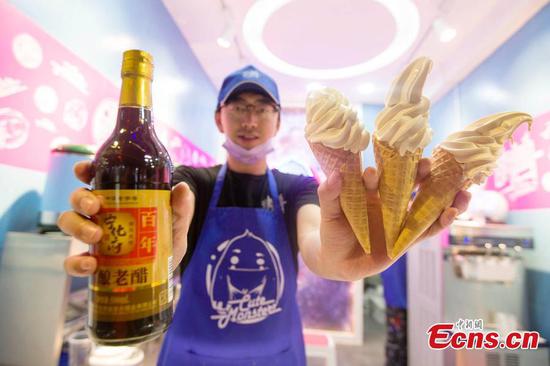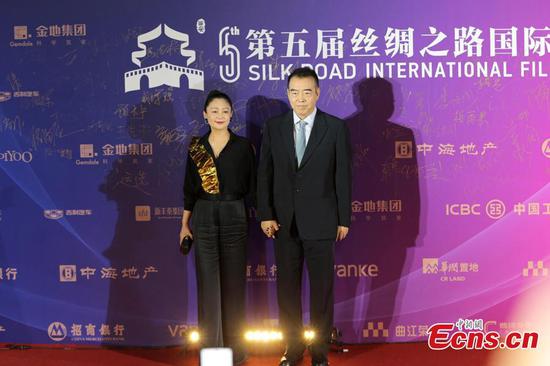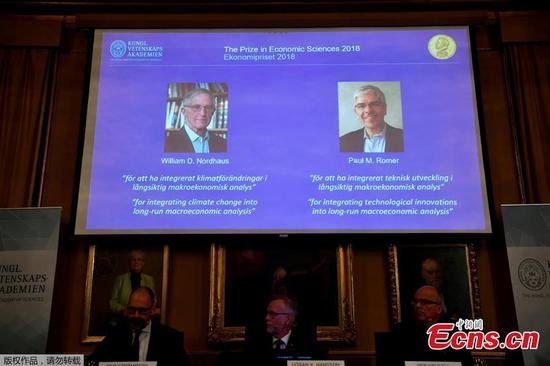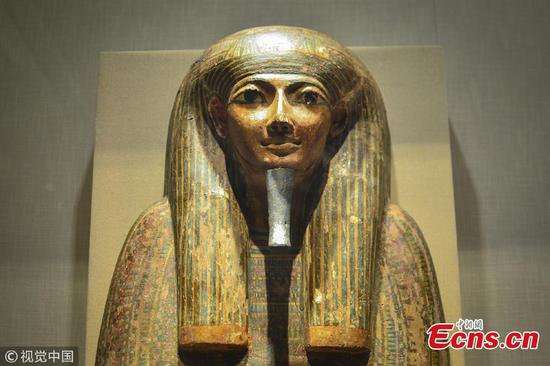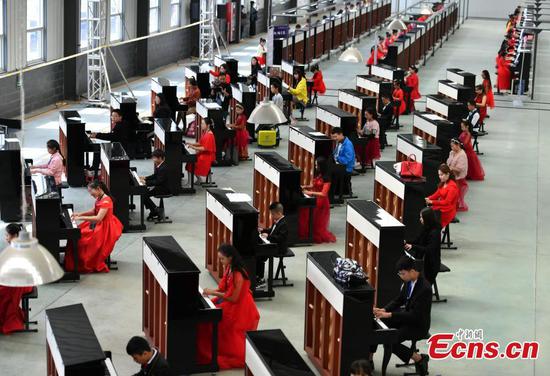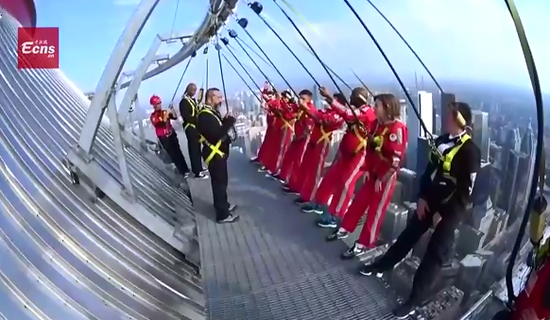With the rapid expansion of short video platforms in China, infringement of short videos has become increasingly severe and common, media reported.
In July, Douyin, a popular short video mobile application known as Tik Tok overseas, pulled 5,043 videos down from the platform and banned 1,743 accounts permanently because of copyright infringement, according to a China Business Journal report.
Xiao Su (pseudonym) is familiar with the pirated short video business. He told the China Business Journal that he was able to raise the popularity of his Douyin and Kuaishou (another popular social video sharing platform) channels by copying unpopular videos on Kuaishou and uploading them as his "originals."
His first pirated work earned more than 500,000 views and over 1,000 comments in two days. Around 4,000 fans followed him after that. He noted that Kuaishou has implemented stricter protection measures nowadays.
However, software for removing watermarks for short video platforms can be easily bought on Taobao, China's largest online shopping platform, at only 4.5 yuan (70 cents). One store sold this type of software 1,500 times in a month, with one of the reviews saying: "The logo removing effect is amazing… It's very easy to use."
Kuaishou told the China Business Journal that they have thousands of employees dedicated to reviewing content on its platform, to prevent the copying of videos. Using Artificial Intelligence technology, together with manual review, the platform is working hard to crack down on infringement.
On September 14, China's National Copyright Administration asked 15 short video companies to raise awareness concerning infringement and enhance their copyright protection systems.













